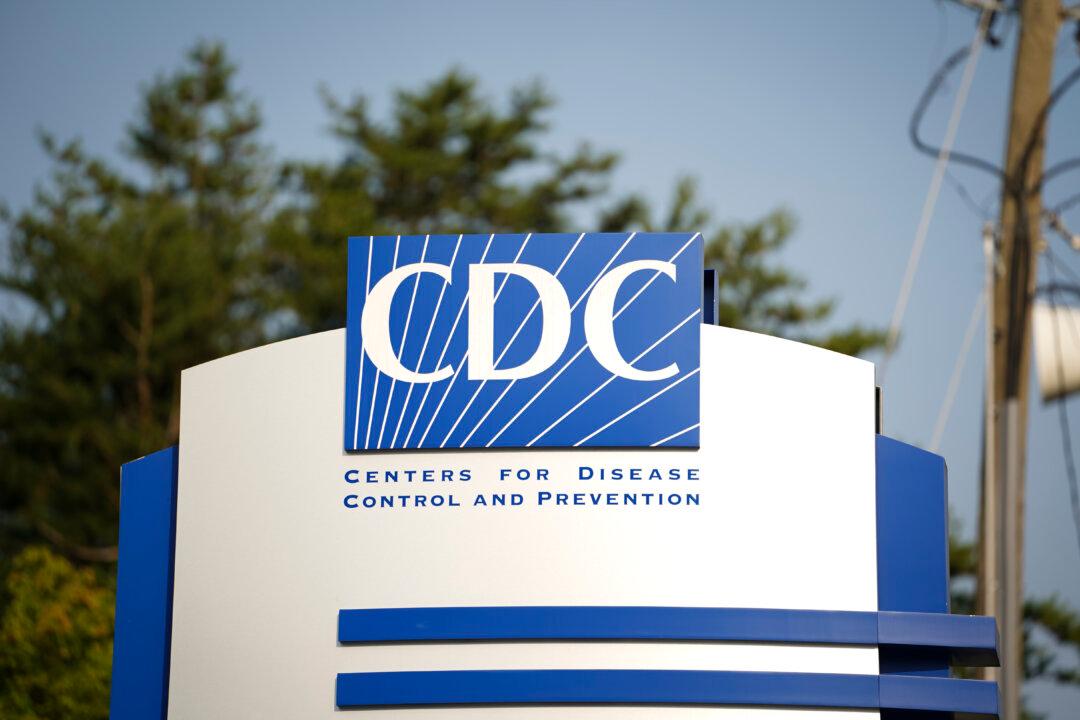The Centers for Disease Control and Prevention (CDC) on Monday alerted clinicians about the short supply of monoclonal antibody treatment for respiratory syncytial virus (RSV) in infants amid an uptick in demand.
The CDC has issued a health advisory recommending prioritizing available 100-milligram doses of the monoclonal antibody nirsevimab for infants under 6 months old and those with underlying conditions.






